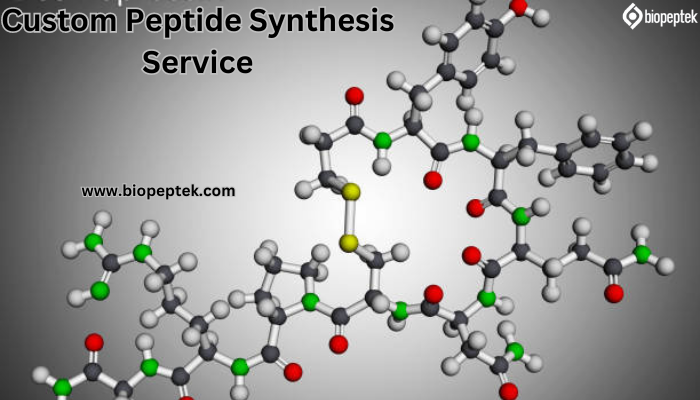What is the purity level of the synthesised peptides?
-
Peptide synthesis is a crucial process in various scientific and industrial fields. As researchers and industries strive for precision and reliability, understanding the purity levels of synthesised peptides becomes paramount.

What are Synthesised Peptides?
Synthesised peptides are artificially created chains of amino acids, mimicking natural peptides. They play vital roles in fields such as medicine, biotechnology, and materials science.Purity in Peptide Synthesis
The purity of synthesised peptides is a critical factor that directly influences their functionality and effectiveness. Impurities can alter the intended properties of the peptides, affecting their performance in different applications.Methods of Assessing Purity
Sophisticated techniques like chromatography and mass spectrometry are employed to evaluate the purity of synthesised peptides. These methods provide detailed insights into the composition of peptide samples.Factors Influencing Purity Levels
Various factors, including reaction conditions and the quality of reagents, can impact the purity of synthesised peptides. Understanding and controlling these factors are essential for achieving high levels of purity.High Purity vs. Lower Purity
Distinguishing between high and lower purity is crucial, as it directly correlates with the peptides' effectiveness in real-world applications. Achieving and maintaining high purity is a continuous challenge that researchers and industries face.Common Challenges in Maintaining Purity
Contaminants during synthesis pose challenges to maintaining purity. Implementing robust quality control measures and using high-quality reagents are essential to overcome these challenges.Importance in Research and Pharmaceuticals
In research, accurate results depend on the purity of synthesised peptides. In pharmaceuticals, ensuring high purity is critical for the safety and efficacy of therapeutic peptides.Industry Standards and Regulations
Regulatory bodies set standards for peptide synthesis to ensure compliance with quality and safety requirements. Adhering to these standards is imperative for industries involved in peptide production.Technological Advancements in Peptide Synthesis
Recent technological advancements have revolutionised peptide online service, impacting the assessment of purity. Innovations in analytical tools contribute to more accurate and efficient purity evaluations.Case Studies
Real-world examples highlight the significance of purity in peptide synthesis. These cases demonstrate the practical implications of achieving and maintaining high purity levels.Tips for Enhancing Purity
Implementing best practices in synthesis and rigorous quality control measures are essential for enhancing purity. Researchers and industries can follow specific guidelines to optimise their peptide synthesis processes.Addressing Common Misconceptions
Dispelling myths about peptide purity is essential for fostering a better understanding of the complexities involved in synthesis. Addressing misconceptions contributes to a more informed scientific community.Conclusion
In conclusion, understanding and maintaining high purity levels in synthesised peptides are pivotal for their successful application in various fields. Researchers and industries must prioritise quality control measures to ensure the reliability and efficacy of synthesised peptides. -
Same as how to check the purity of Gold?